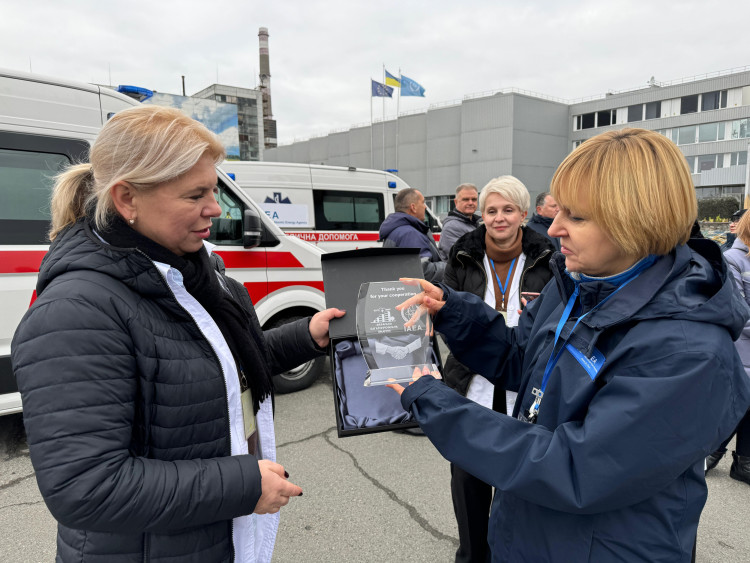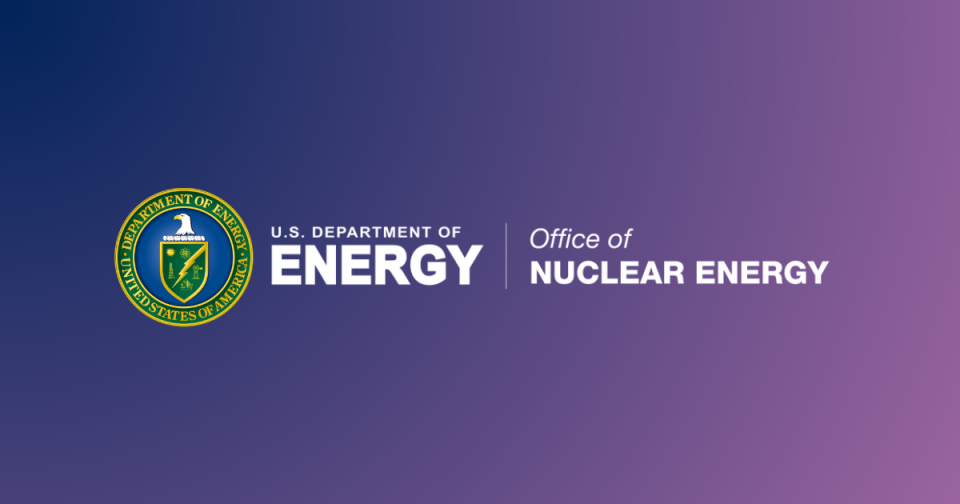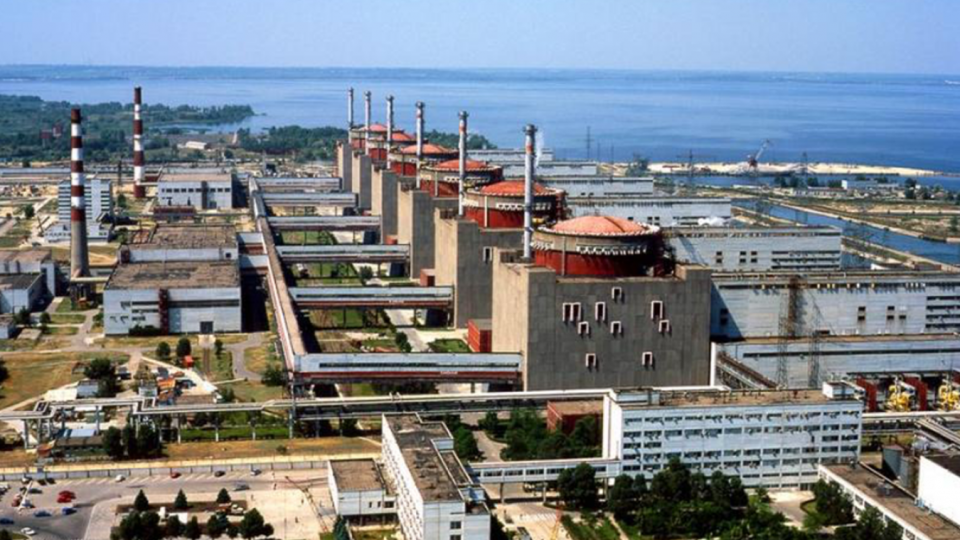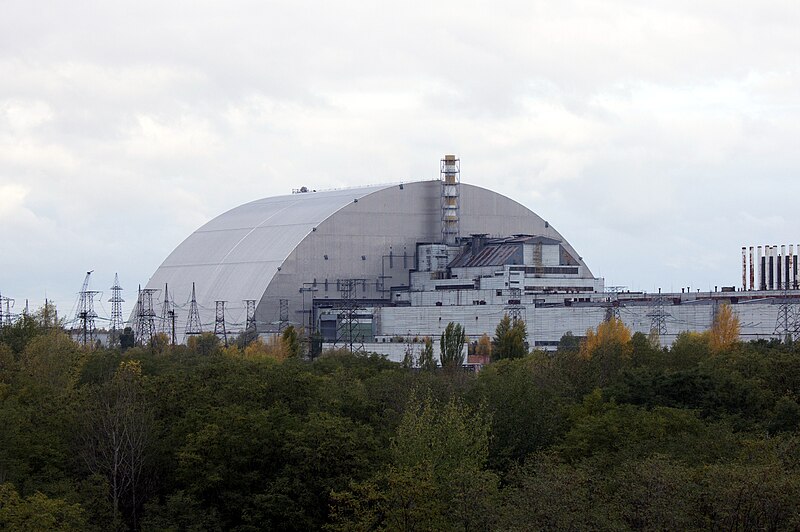FIRST: Argonne’s work with Ukraine supports the Department of State’s Foundational Infrastructure for the Responsible Use of Small Modular Reactor Technology (FIRST) program. Launched in 2019, FIRST is a multiagency U.S. government initiative that provides capacity-building support to partner countries exploring the potential for SMRs and other advanced nuclear reactor technologies “consistent with the highest nuclear security, safety, and nonproliferation standards.”
NEXT: Ukraine partnered with FIRST in 2021 and recently joined the Nuclear Expediting the Energy Transition (NEXT) program. NEXT is a FIRST subprogram designed to provide countries with technical support for developing and deploying small nuclear reactors.
At COP29, Ukraine’s minister of energy German Galushchenko and U.S. undersecretary of state for arms control and international security Bonnie Jenkins were joined by Michael Goff, the DOE’s acting assistant secretary of nuclear energy; Paul Kearns, Argonne National Laboratory director; H.E. Yuriy Husyev, Ukraine’s ambassador to Azerbaijan; and Neil Wilmshurst, chief nuclear strategy officer of the Electric Power Research Institute to announce the NEXT partnership.
Argonne takes two: Argonne will support two projects in Ukraine under the Department of State’s NEXT initiative: “Clean Fuels,” which includes building a hydrogen pilot plant, and “Clean Steel,” a project to develop a road map to modernize the Ukrainian steel industry by shifting from fossil fueled power plants to SMRs.
The work builds on a partnership between Argonne and Ukraine going back to the 1990s. According to Argonne, the lab has provided Ukraine with technical support in civil nuclear applications and leads an internship training program for Ukrainian graduate students in advanced reactor technology.
Hydrogen: Argonne scientists will help Ukraine develop nuclear-generated hydrogen through “Clean Fuels.” The project, originally announced during COP27, is now funded for its second phase.
Second phase work will include building a pilot plant using “simulated” SMR technology to demonstrate production of clean hydrogen and ammonia that could be used in agricultural fertilizers. Argonne will provide technical assistance and capacity-building to Ukraine and related stakeholders. The project will be carried out by a public-private consortium from Japan, the Republic of Korea, Ukraine, and the United States.
Steel: “Clean Steel,” also supported by Argonne and led by Pacific Northwest National Laboratory, is to develop a road map to decarbonize the Ukrainian steel industry with SMRs.
The project will include siting and feasibility studies and developing a strategy for integrating energy and power from SMRs into steel-making processes. In addition to PNNL and Argonne, other participants are the American Society of Mechanical Engineers and the engineering, project delivery, and professional services firm Hatch.








